What Will Be Your RV Lifestyle?
Alright, so you’re diving into the world of RVs and trying to figure out the best fit for your adventures. The first step is getting a clear picture of your wants and needs, and your budget. Grab a cup of coffee, and let’s break it down.
Start by identifying your travel lifestyle preferences. Are you a weekend warrior looking for quick getaways, or are you planning to hit the road full-time? Knowing this helps narrow down your options significantly.
Next, think about how you’ll use the RV. Will it just be you and your spouse, or are you planning trips with the whole family? Maybe even a few pets? The number of people and the type of trips you envision are crucial factors in choosing the right RV size and layout.
Now, let’s talk budget. Setting a realistic budget can save you a lot of headaches down the line. Think beyond the sticker price; consider operational costs like fuel, maintenance, and campground fees. Understand how financing might fit into your plan.
The balance between budget and features is like a tightrope walk. You want enough features to be comfortable but not so many that you’re stretching your wallet too thin. Prioritize must-haves and be willing to compromise on some extras.
And don’t forget the size. Bigger isn’t always better, especially if it limits where you can go and park. Measure out different floor plans and think about the kind of spaces you’ll feel comfortable living in. Smaller might be cozier and easier to manage for some.
Exploring Types of RVs and Their Key Features
The RV market offers a diverse range of classes and models, each catering to different needs and lifestyles. It can feel like a lot to take in, but let’s break it down to make the decision easier.
Class A RVs are those big, bus-like models you’ve probably seen cruising down the highways. They offer tons of space and luxury features, making them great for full-time living, but they can be pricier and harder to maneuver.
Class B RVs are essentially camper vans – compact, easy to drive, and park almost anywhere. They’re great for individuals or couples but might feel cramped for families.
Class C RVs are a mix of A and B, often built on a truck chassis. They offer more space than Class B but are still easier to handle than Class A. These are a solid option for those wanting a balance of comfort and drivability.
Travel trailers and fifth wheels are towable RVs. Travel trailers come in various sizes and are towed by a vehicle with a hitch. Fifth wheels require a special hitch in the truck bed and typically offer more living space. Both options give you the flexibility to unhitch and explore with your towing vehicle.
Evaluating key features is essential. Look at the kitchen size, storage options, and bathroom setup. If boondocking (camping without hookups) is your thing, check out things like solar panels and generator capabilities. Consider how much storage you’ll need for your gear and groceries and how much these trailers can carry (cargo carrying capacity).
Each type of RV has its pros and cons. Class A’s luxurious interiors are a big draw but come with higher costs and lower fuel efficiency. Class B’s compact size is awesome for maneuverability but means limited space for amenities. Class C’s provide a balance but might still demand careful driving. Towables offer flexibility, yet they may require a more powerful towing vehicle.
Knowing the basics about RV classes and understanding key features helps you zero in on what suits your lifestyle and needs best. The right RV should feel like a home on wheels without breaking your budget or stressing you out on the road.
Our RV Buying Experiences
At the point of this writing, Pam and I have had five full time RV homes over the past sixteen years. Why so many, some may ask?
When we started full time RV living in 2008, we knew what RV we wanted to buy because we had been renting different classes of RVs for seven years. By doing that, we got to try different classes of RVs and different floor plans. We also spoke with other RVers while we traveled and stayed in RV parks. We would ask them why they chose the RV that they were in.
That first full time RV home, a used fifth-wheel trailer, was our RV home for over seven years. We had it for that amount of time because it suited our full time RV life and met our needs and wants in an RV home. It met our budget at that point in time.
Then, in 2015, our needs changed. In 2014, we started a business, which led us to travel a lot more than the previous seven years. We needed a smaller motorized unit so we could travel to many destinations without the fear of getting our previous sixty-five-foot behemoth to the places we needed to go.
Then, we got on a streak of RV changes over two to three-year periods. Why did we do that? As our business grew, and we wanted to have larger motorized RVs and more refined features, our business success allowed us to acquire some newer and nicer RVs.
Our RV choices have always been based on what our current wants are at the time of purchase and will the RV meets those needs: two bathrooms, plenty of cargo carrying capacity as listed by the RV manufacturer, a functional kitchen with plenty of storage, and good quality of construction (that means a more expensive RV). There are others but these have been the main concerns for us.
Currently, we are in our Newmar Super Star Super C. Why did I choose this one, people ask. It was a goal of mine to have this style of RV due to four main reasons: serviceability (diesel engine up front), stability due to front engine design, safety due to front engine design, and tow ability (can tow up to twenty thousand pounds) therefore a heavy truck is no problem!
When you make your RV choices, lock down that budget, search for RVs in the class of RV you desire, and once you find one you think will work, be sure to think about your current life at home. Your life on the road will require an RV that offers you the things you like to do at home when it comes to the bathroom, the bedroom, the kitchen, etc.
I tell clients to sit inside the RV and imagine their lives from the time they get up until the time they go to bed. Will that RV meet their wants and needs so they can be comfortable on the road? You may have to give up some things, but as long as you are aware of that before the RV purchase is made, your RV choice will keep them happy while you enjoy the RV lifestyle.
Don’t forget to inspect your RV before purchasing a new or used one!
Cost Considerations Beyond the Purchase Price
Buying an RV is just the starting point. There are various costs that you should consider to get a full picture of RV ownership.
Insurance is a biggie. Depending on the type and value of your RV, insurance can range from a few hundred to several thousand dollars a year. It’s a recurring cost that you need to budget for.
Don’t overlook maintenance costs. Like any vehicle, RVs need regular maintenance to keep them in shape. This includes everything from oil changes for drivable models to roof inspections for towables. Common repairs like fixing leaks or replacing tires can add up quickly.
Storage fees are something many new RV owners forget about. If you don’t have space at home, you’ll need to rent storage, especially if you live in an area with extreme weather conditions that make outdoor storage impractical.
Seasonal considerations also affect costs. Winterizing your RV, for example, is crucial if you live in a cold climate. This process prevents damage from freezing temperatures but comes at a cost.
Resale value is another factor. All vehicles depreciate, and RVs are no exception. Understanding how different models hold their value over time can give you an idea of what to expect if you decide to sell down the road. Consider looking at reviews and forums for insight into which models tend to retain their value better.
Making an Informed Decision: Tips and Resources
When it comes down to making that final decision, having the right information and resources is crucial. Start by diving into trusted sources for RV reviews and ratings. Websites and magazines specializing in RVs can offer invaluable insights. Look for detailed reviews and owner feedback to see real-world pros and cons.
Don’t underestimate the power of community. Joining RV clubs or online forums allows you to tap into the collective wisdom of seasoned RV owners. Their experiences can provide practical tips and advice you won’t find in official reviews. It’s a great place to ask questions and get honest feedback.
Another smart move is to test drive and rent before buying. Spend a weekend in a few different types of RVs to see what suits you best. This hands-on experience can reveal much about what you truly need and want.
Financing options are available if you need them. Some RV dealerships offer financing programs, but you can also explore loans from banks and credit unions. Make sure to compare interest rates and terms to find the best deal.
Remember to check out warranties. A solid warranty can save you a lot of hassle and money by covering certain repairs and maintenance issues. Understanding the scope and limitations of any warranty is key to making a wise purchase.
Creating a checklist for your final decision can help keep you organized. List out your must-haves, nice-to-haves, and deal-breakers. Having everything laid out can make it easier to compare options and choose the best fit your lifestyle and budget.


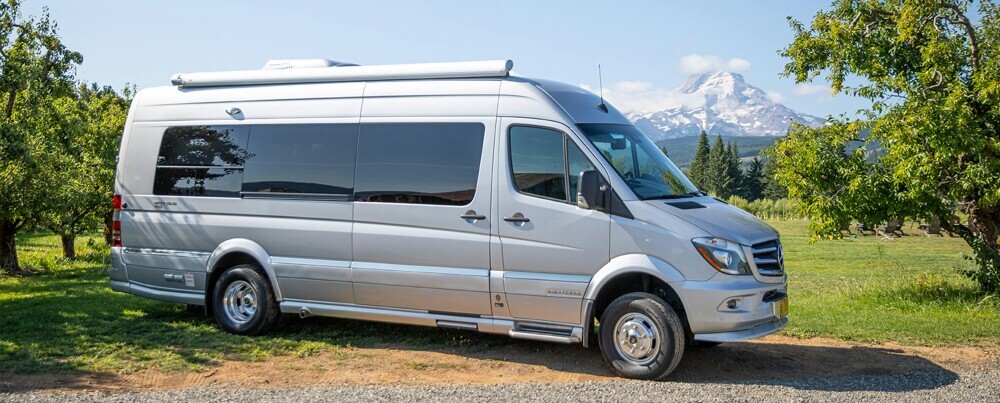

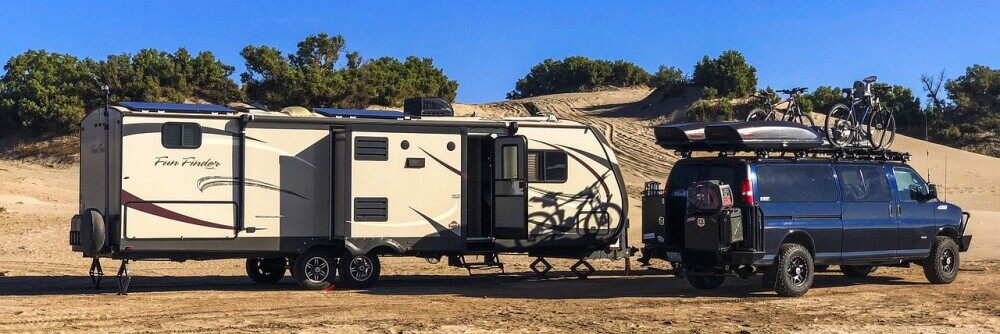

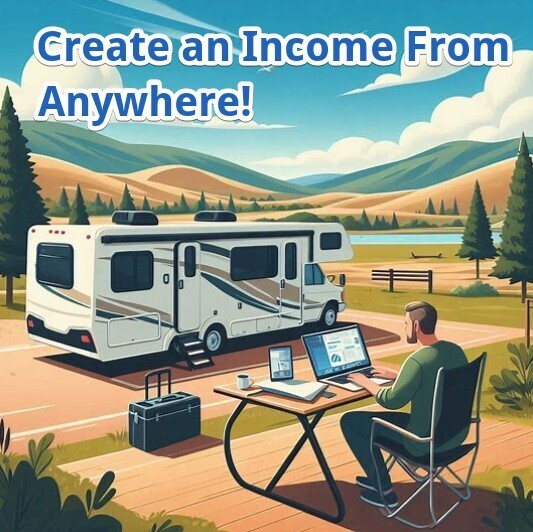

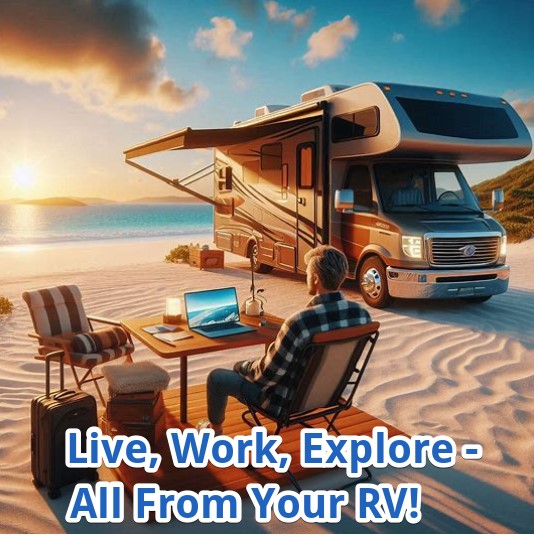
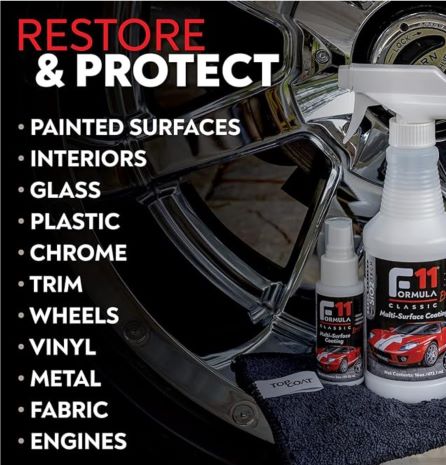
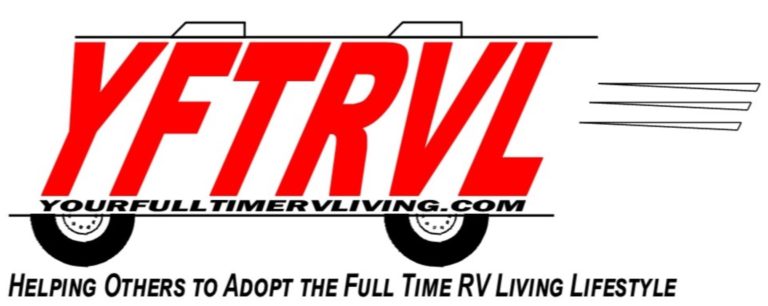



Recent Comments